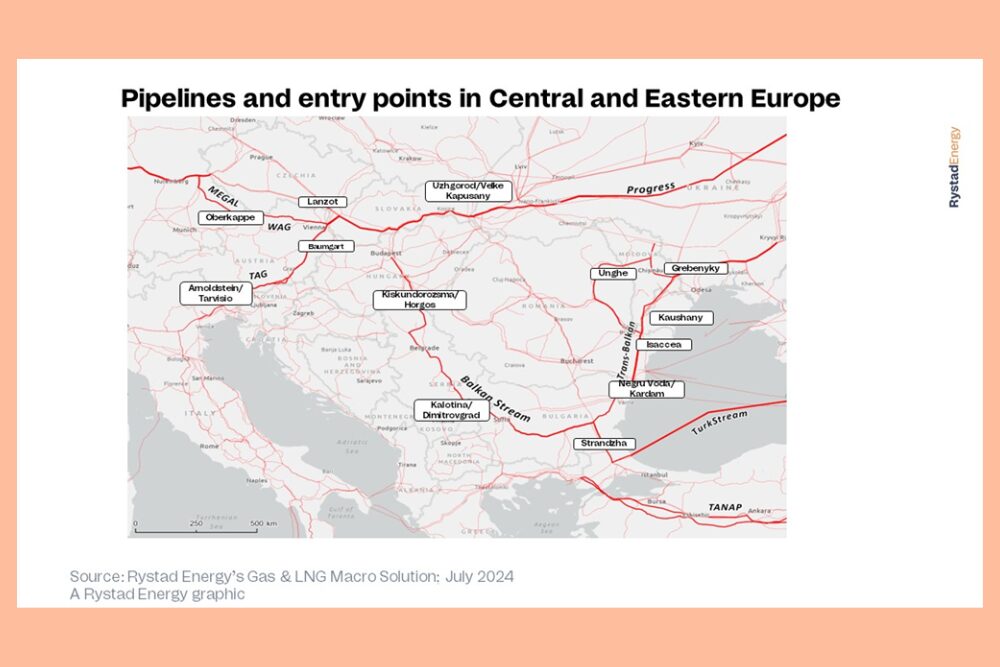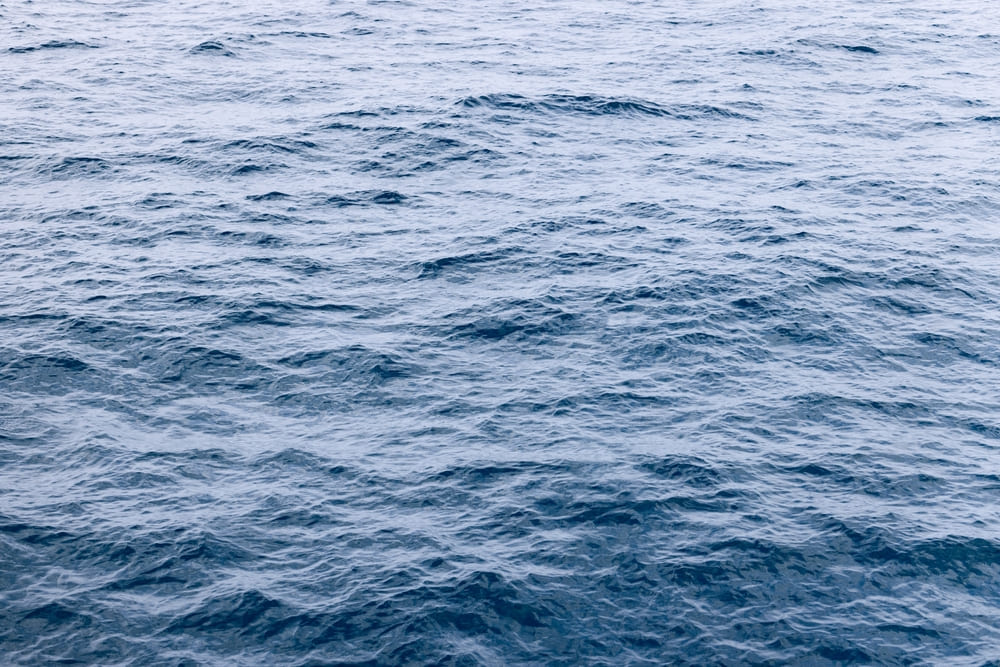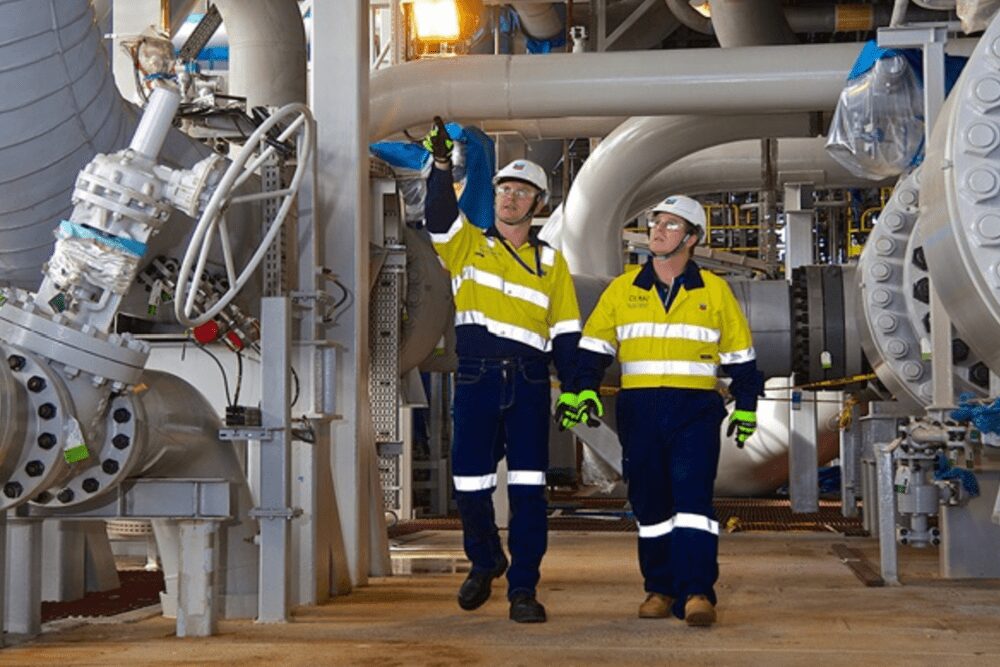
Russian oil giant Rosneft on Wednesday announced the start of operations for its giant Vostok oil project in the Arctic, part of the country’s strategic energy plan which has been criticised by environmentalists.
“It is with great pleasure that I inform you of the start of the practical implementation of the project,” Rosneft chief executive Igor Sechin told President Vladimir Putin at a meeting in Moscow.
He thanked Putin, with whom he has close relations, for the adoption of a law facilitating Russian investments in the Arctic.
“The prospecting and exploration work are now underway, in accordance with our timetable,” Sechin said, adding that the design work for a 770-kilometre oil pipeline and a port had been completed.
The strategic plan for Russia’s mineral resources stretches to 2035 and is banking on growing global demand, however it does predict that natural gas will partially replace oil and coal.
“Mineral resources will remain a competitive advantage of Russia’s economy, and will determine the place and role of the country in the world,” it says.
Environmentalists urged the Russian government last year to stop granting licences to exploit several Arctic deposits.
The Vostok project, the cornerstone of Russia’s Arctic ambitions, brings together several Rosneft activities in the Russian Far North, near the northern sea route that the company intends to exploit to deliver to Europe and Asia.
In February, Sechin promised Putin that the scheme would create a “new oil and gas province” on Siberia’s Taymyr peninsula, the northernmost part of the Asian continent.
The complete project will represent a total investment of US$111 billion, including two airports and 15 ‘industry towns’.
The project has also been forecast to create 130,000 jobs and allow access to estimated reserves of around five billion tonnes of oil.
The construction alone will require 400,000 workers, Sechin said.
Last week Rosneft announced the sale of 10 per cent of the project to Singapore’s Trafigura group, without mentioning a price. The Russian group had previously said that there was interest in the project from India.
Sechin said the Arctic endeavour would eventually produce 100 million tonnes of oil per year. Between now and 2024 he said that 30 million tonnes would be sent from the Arctic along the so-called Northern Sea route connecting the Atlantic Ocean to the Pacific.






